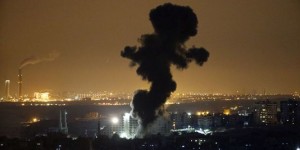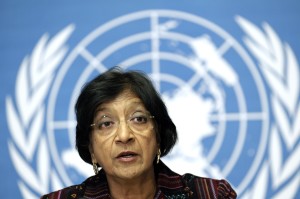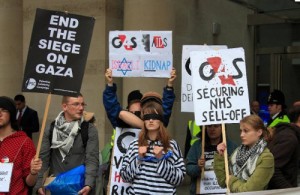Last week, more than 100 international legal experts and human rights defenders from around the world, among them former UN independent experts and leading law professors, issued a joint declaration denouncing the grave violations and “disrespect of the most basic principles of the laws of armed conflict and of the fundamental rights of the entire Palestinian population” during the ongoing Israeli offensive on the Gaza Strip, and calling for the international community, including the UN, Arab League, EU and the US, to establish clear mechanisms for accountability for international law violations. “Accountability cannot again be sidelined and stigmatized to serve political interests, our interests must be the protection of civilians and peace”, says Professor John Dugard, former UN Special Rapporteur on the situation of human rights in the Palestinian territories occupied since 1967.
“Once again it is the unarmed civilian population, the ‘protected persons’ under International humanitarian law (IHL), which is in the eye of the storm, victimized in the name of a falsely construed right to self-defence, invoked after an escalation of violence provoked in the face of the entire international community,” says the Joint Declaration.
The declaration denounces the flouting of basic tenets of IHL, including the principle of distinction by which only combatants and military objectives can be targeted, and the principle of proportionality. Indiscriminate attacks against civilians, regardless of the identity of the perpetrators, are not only illegal under international law but also morally intolerable. Continue reading



